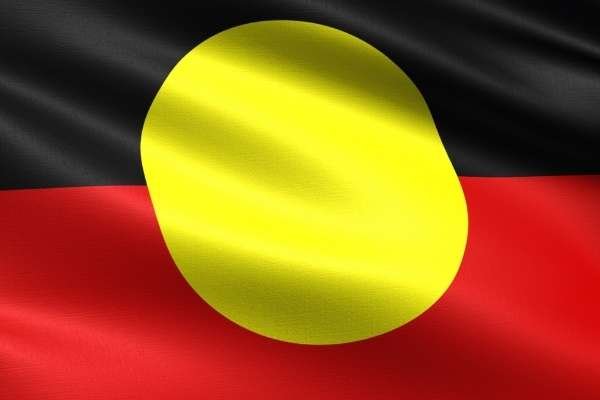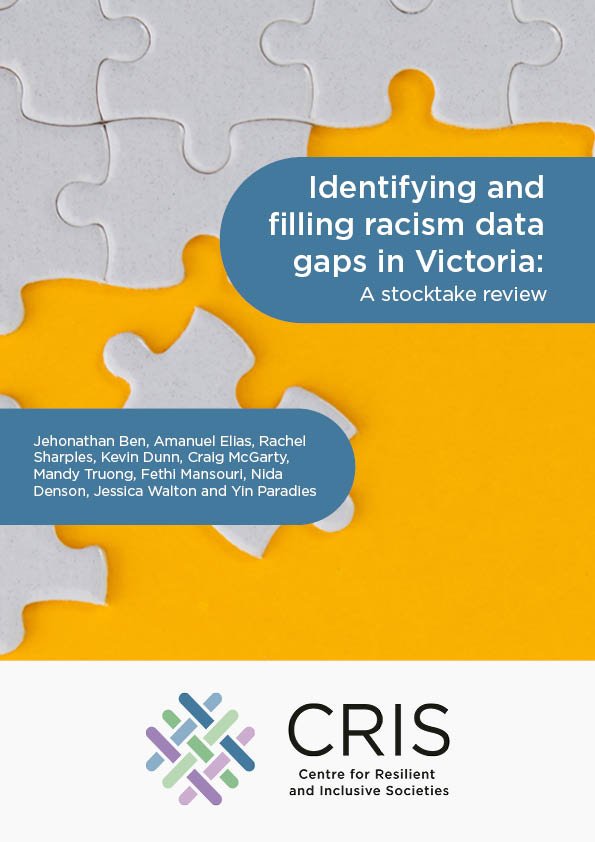Our work
Our work addresses substantial threats to social cohesion in Australia and other pluralist democracies.
We focus on understanding and countering racism and hate, and on enhancing anti-racism efforts. With the emergence of COVID-19, we have expanded our research areas to explore racism and resilience in the pandemic.
We drive new insights that empower communities to build resilience and deploy strategies to challenge racism. We provide analysis and commentary on these issues of national importance. We inform, educate and train individuals and communities on positive, community-based and policy interventions for culturally diverse societies.
Racism and Belonging in Victoria
Our projects will enhance the data that we have on racism and belonging in Victoria: often filling gaps, such as in online contexts (including the sharing economy), schools, health facilities, and other public settings.
These will provide the evidence base for new program and policy developments, which will be piloted and evaluated through government-community partnerships and community-led initiatives.
Our aims
We aim to:
Seek to understand the best ways to enhance social cohesion
Foster community-level action against racism by ordinary Australians
Generate virtuous cycles of improved intercultural relations
Establish new and improved social norms in intercultural behaviour in all spheres of life

Our Current Project
Emerging vectors and sources of racism: responding to the online challenges to social cohesion
This project expands on our previous project’s findings and insights into COVID-19 recovery to address online challenges to social cohesion. Racism is exacerbating the already strained cohesiveness of our society as a result of the pandemic. Additionally, in the context of the pandemic, misinformation beliefs are further straining the cohesiveness of our society and the mental health and well-being of Australians. Countering misinformation will reduce the welfare and counselling burden on government and industry, and will enhance civic trust better enabling the work of government.
Our Completed Projects
Publications

































